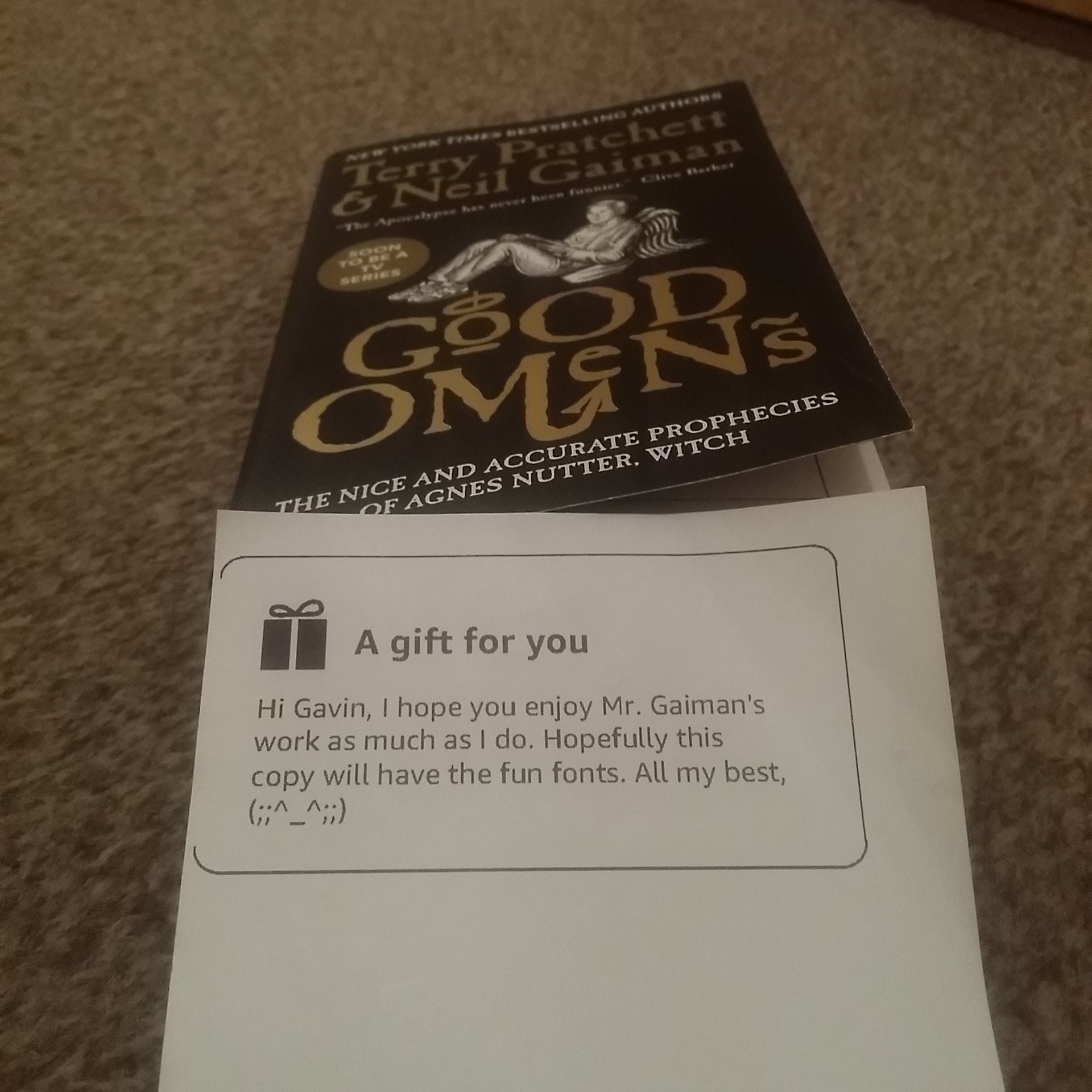If you were a fan of Friends back in 1998, you’ll remember the hype and speculation around what would happen during Ross and Emily’s wedding.
Coming at the end of Season 4, this had to be a climactic scene. These days, it’s hardly a spoiler to mention that Ross accidentally says Rachel’s name, which feeds into the entirety of Season 5. However, I’ve only learnt in the last week that the writers struggled to think of a proper ending until the actor who played Ross – David Schwimmer – accidentally switched the names during another scene.
This serves as a good example of how even professional writers are rarely bestowed with fully-formed ideas. A story often needs to be written out and figured out along the way, and that process can take years.
Larry Cohen pitched the idea for the film Phone Booth to Alfred Hitchcock in the 1960s, but neither of them could think of a reason to keep the main character in the booth. By the late 1990s, the public was becoming increasingly vigilant to the threat of terrorism, and Cohen played into that as he realised a sniper with a weapon could be a good reason. It was even a plot point that the main character was one of the few people still using a payphone by that point.
I even have a few examples of my own. One particular example was a three-line fragment of poetry I wrote at school before I ever routinely wrote poetry. In 2013, more than ten years after I left school, I finally found a way to work it into a fuller piece. It gained a sequel in 2018, taking a very different tone from the original, chiefly in recognition of how I’d changed in those five years.
But even professional writers miss the mark sometimes. The final episode of The Prisoner was broadcast in 1968. Although its writer Patrick McGoohan was pleased with the result, he was under pressure to deliver it quickly and many viewers were unhappy that it raised more questions than it answered.
And we must mention the ninth season of Dallas, which was entirely written off as a dream to bring back the character of Bobby Ewing.



![By Massimo Barbieri (Own work) [GFDL (http://www.gnu.org/copyleft/fdl.html) or CC BY-SA 3.0 (https://creativecommons.org/licenses/by-sa/3.0)], via Wikimedia Commons Why books are always better than movies](https://upload.wikimedia.org/wikipedia/commons/thumb/e/e6/Why_books_are_always_better_than_movies.jpg/512px-Why_books_are_always_better_than_movies.jpg)